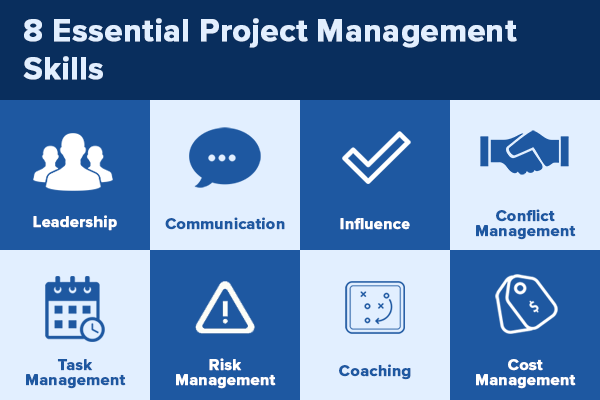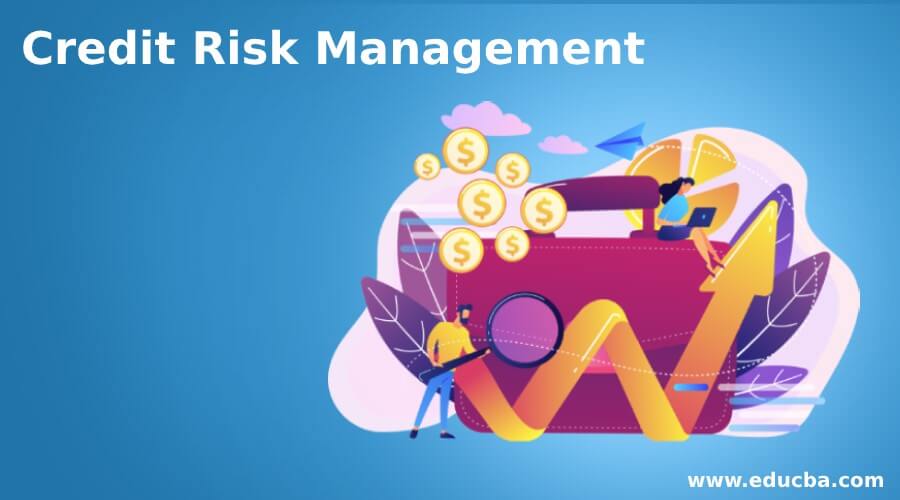
Crisis managers need to have several key skills. It is possible to recognize a crisis and intervene before it becomes critical. Sometimes the effects of slow-moving crises are not obvious until later. Good leadership practices are those that recognize the importance of early recognition. They are aware of the world's events and keep up to date with customer attitudes. Crisis managers work together to solve the crisis as quickly as they can. A skilled crisis manager is able to help companies manage a crisis and maintain normal operations.
Priorities for crisis managers
Clarity and clarity should be the goal of crisis managers. It is important that the team includes people who can be calm and make quick decisions. Also, the team should include people who are detail-oriented as well as process-oriented. It is important that there is a clear line of command. Also, the team should be trained properly to accomplish its assigned tasks. In case of a crisis, the team should be restructured based on the needs of the crisis.

Characteristics for crisis management specialists
In order to become a successful crisis management specialist, you should have the right combination of skill and experience. Professionals who work in crisis management need to be skilled, experienced, and well-informed. He or she must also have excellent active listening skills. This person must be able handle stress and chaos while remaining calm and focused. In addition, they should be able to work effectively with different people in different departments and roles.
Crisis managers may use certain techniques
For crisis managers to effectively manage critical incidents, there are many techniques. Crisis management is an art that requires planning and preparation. The top crisis managers use techniques that are based on resilience. It is the ability of a person to quickly recover from a difficult situation or the vulnerability to an unexpected event. High-performing managers have sharp memory and are able make quick decisions. This allows them to react more quickly and accurately. In addition, they embrace vulnerability, which allows them to prepare for a crisis before it occurs.
Impact of crisis on an organization
The Impact of Crisis on an Organization examines the ways in which a business can be damaged during a crisis and how it can be prevented or mitigated. This book explores the factors that can affect an organization's value and the effects that a crisis could have on its reputation and viability. All commercial businesses operate in an increasingly challenging digital environment. Trust is low, and the expectations for good governance are high. Communication between companies and their stakeholders is complex. The traditional target audience is fragmented into smaller social communities. Issues can be quickly resolved.

Managers in crisis need to have the right skills
Communication is an important skill for any crisis manager. These skills will be crucial in managing any crisis, however large or small. For the situation to be resolved quickly and efficiently, the manager will need to communicate clearly. The manager must also have the ability to stay calm, make fast decisions, and delegate. These skills can be combined to make crisis managers more likely to achieve positive outcomes.
FAQ
How do you define Six Sigma?
Six Sigma is well-known to those who have worked in operations research and statistics. However, anyone involved in any aspect of business can benefit from using it.
This requires a lot of dedication, so only people with great leadership skills can make the effort to implement it.
What are the steps involved in making a decision in management?
Managers are faced with complex and multifaceted decisions. It involves many factors, such as analysis and strategy, planning, execution, measurement, evaluation, feedback etc.
When managing people, the most important thing to remember is that they are just human beings like you and make mistakes. There is always room to improve, especially if your first priority is to yourself.
This video shows you how management makes decisions. We discuss different types of decisions as well as why they are important and how managers can navigate them. You'll learn about the following topics:
What are management concepts, you ask?
Management concepts are the fundamental principles and practices that managers use when managing people and their resources. They cover topics such as job descriptions and performance evaluations, human resource policies, training programs, employee motivation, compens systems, organizational structure, among others.
What is TQM, exactly?
The industrial revolution was when companies realized that they couldn't compete on price alone. This is what sparked the quality movement. They needed to improve quality and efficiency if they were going to remain competitive.
To address this need for improvement management created Total Quality Management (TQM) which aimed to improve all aspects of an organization's performance. It included continuous improvement, employee involvement and customer satisfaction.
Statistics
- Your choice in Step 5 may very likely be the same or similar to the alternative you placed at the top of your list at the end of Step 4. (umassd.edu)
- Our program is 100% engineered for your success. (online.uc.edu)
- The profession is expected to grow 7% by 2028, a bit faster than the national average. (wgu.edu)
- 100% of the courses are offered online, and no campus visits are required — a big time-saver for you. (online.uc.edu)
- UpCounsel accepts only the top 5 percent of lawyers on its site. (upcounsel.com)
External Links
How To
How do you implement a Quality Management Plan (QMP)?
The Quality Management Plan (QMP) was established in ISO 9001. It is a systematic way to improve processes, products and services. It emphasizes on how to continuously measure, analyze, control, and improve processes, product/service, and customer satisfaction.
QMP is a standard way to improve business performance. QMP helps improve production, service delivery and customer relationships. QMPs must include all three elements - Products, Services, and Processes. If the QMP focuses on one aspect, it is called "Process." QMP. QMPs that focus on a Product/Service are known as "Product" QMPs. QMP stands for Customer Relationships.
Two main elements are required for the implementation of a QMP. They are Scope and Strategy. They are defined as follows:
Scope: This determines the scope and duration of the QMP. This will be used to define activities that are performed in the first six months of a QMP.
Strategy: This is the description of the steps taken to achieve goals.
A typical QMP consists of 5 phases: Planning, Design, Development, Implementation, and Maintenance. Here are the details for each phase.
Planning: In this stage the QMP's objectives and priorities are established. Every stakeholder involved in the project is consulted to determine their expectations and needs. After identifying the objectives, priorities and stakeholder involvement, it's time to develop the strategy for achieving the goals.
Design: This stage is where the design team creates the vision, mission and strategies necessary for successful implementation of QMP. These strategies can be implemented through the creation of detailed plans.
Development: Here, the team develops the resources and capabilities that will support the successful implementation.
Implementation involves the actual implementation using the planned strategies.
Maintenance: Maintaining the QMP over time is an ongoing effort.
Several additional items should be added to the QMP.
Stakeholder Engagement: It is crucial for the QMP to be a success. They are required to actively participate in the planning, design and development of the QMP, as well as the implementation and maintenance phases.
Project Initiation - A clear understanding of the problem statement, and the solution is necessary for any project to be initiated. Also, the initiator should understand why they are doing it and what they expect.
Time frame: The QMP's timeframe is critical. For a short time, you can start with the simple version of the QMP. However, if you have a long-term commitment, you may require more elaborate versions.
Cost Estimation: Cost estimation is another vital component of the QMP. You can't plan without knowing how much money it will cost. Therefore, cost estimation is essential before starting the QMP.
The most important thing about a QMP is that it is not just a document but also a living document. It is constantly changing as the company changes. So, it should be reviewed periodically to make sure that it still meets the needs of the organization.